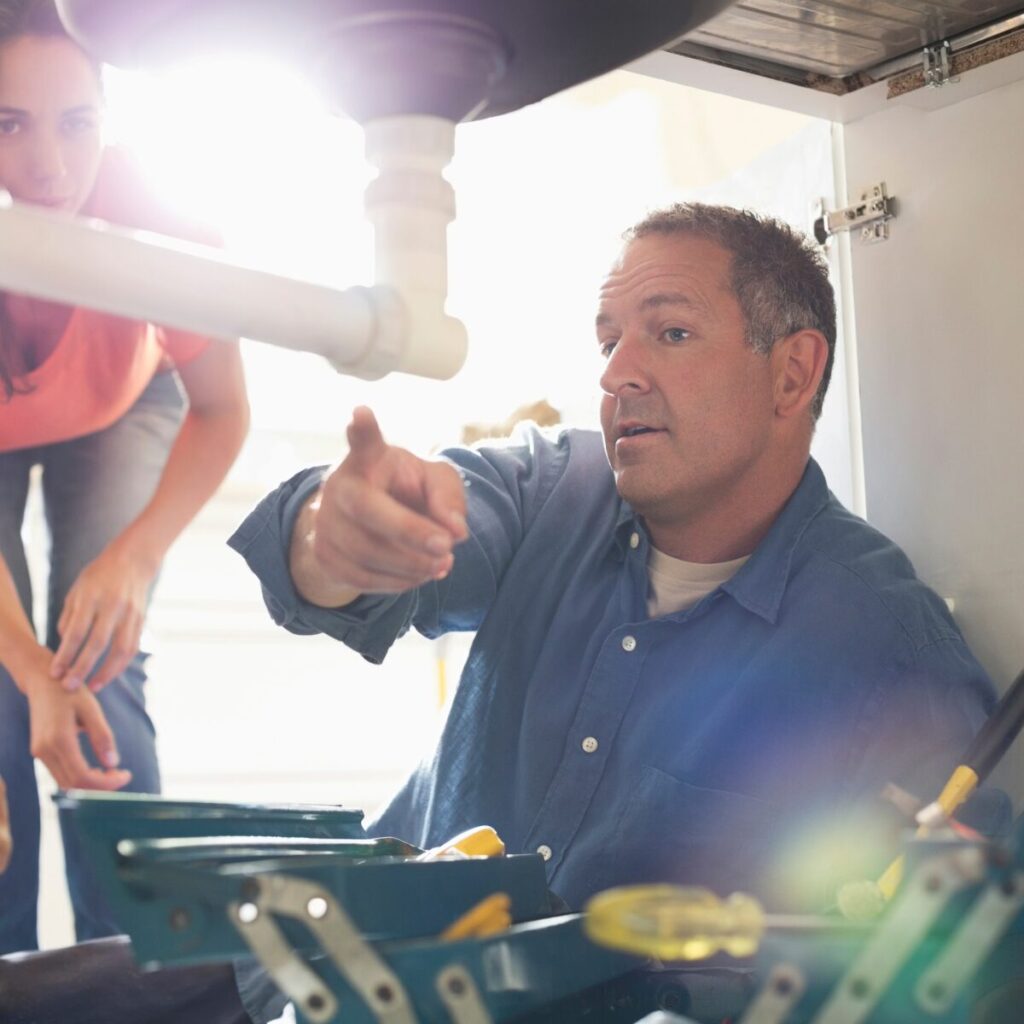Plumbing is one area where misinformation spreads quickly, leading to a variety of myths that can cause serious damage or costly repairs. Understanding the truth behind these myths is crucial for homeowners who want to maintain a healthy plumbing system, avoid unnecessary expenses, and ensure their home runs smoothly. Let’s dive into the truth behind some of the biggest plumbing myths.
Myth: A Leaky Faucet Is Just an Annoyance
One of the most common misconceptions is that a leaky faucet is no big deal. Many people believe that the constant drip of a faucet is merely an annoyance rather than a real issue. However, the truth is that a leaky faucet can waste gallons of water over time, leading to higher water bills and contributing to environmental problems. The Environmental Protection Agency (EPA) estimates that a faucet dripping once per second can waste over 3,000 gallons of water annually. Beyond the financial cost, this waste is especially problematic in drought-prone regions. Moreover, a leaky faucet can indicate a more significant problem within the plumbing system. Addressing the issue promptly can help prevent more severe and expensive repairs.
Myth: Flushable Wipes Are Safe for Your Plumbing
Another widespread myth is that flushable wipes are safe for your plumbing. Despite the marketing claims on their packaging, flushable wipes do not disintegrate as quickly as toilet paper. While they may go down the drain without immediate issues, they can cause clogs in your pipes, septic tank problems, and even blockages in municipal sewer systems. Around the world, cities have reported the formation of massive “fatbergs,” which are large, solid masses formed from wipes and other non-biodegradable materials. These fatbergs can cause extensive damage to sewage systems and are extremely costly to remove. It’s best to dispose of wipes in the trash to prevent contributing to these issues rather than flushing them down the toilet.
Myth: You Can Pour Grease Down the Drain If You Use Hot Water
You may have heard that you need to use hot water when pouring grease down that drain so that it doesn’t solidify and clog your drain. This myth has led to countless clogged drains and expensive plumbing repairs. While it’s true that hot water can temporarily melt the grease, the grease will cool and solidify as it travels through your pipes, eventually causing a blockage. Over time, grease can accumulate along the walls of your pipes, leading to slow drainage or even a complete blockage. Instead of pouring grease down the drain, allow it to cool and solidify, then dispose of it in the trash.
Myth: A Brick in the Toilet Tank Saves Water
Another outdated plumbing trick is the belief that placing a brick in the toilet tank will save water. This idea became popular as a way to conserve water, with the logic being that the brick would displace water, reducing the amount used with each flush. However, modern toilets are designed to use a specific amount of water for optimal performance, and adding a brick can disrupt this balance. This can result in incomplete flushes, increased wear and tear on your toilet’s components, and even damage to the toilet itself. Over time, the brick can break down, interfere with the toilet’s mechanisms, or cause a pipe blockage. For effective water conservation, it’s better to upgrade to a low-flow toilet specifically designed to use less water per flush.
Myth: Chemical Drain Cleaners Are Safe and Effective
Many homeowners believe chemical drain cleaners are safe and effective for clearing clogged drains. While these products might seem like a quick fix, they can actually do more harm than good. Chemical drain cleaners contain harsh chemicals that can corrode your pipes, especially if your plumbing is older or made of certain materials like PVC. Additionally, these chemicals pose a serious health risk to you and your family, as the fumes can be toxic, and the substances can cause burns if they come into contact with your skin. Relying on chemical drain cleaners can lead to expensive plumbing repairs over time. The safest and most effective way to clear a clogged drain is to use a plunger or a drain snake or call a professional Biard & Crockett plumber who can diagnose the issue and provide a long-term solution. Understanding the truth behind these myths will help you take better care of your plumbing system, avoid unnecessary expenses, and maintain a safer, more efficient home. When in doubt, always consult with a Biard & Crockett plumber rather than relying on outdated or inaccurate advice. Your pipes, wallet, and peace of mind will thank you. Just call us at (714) 602-1299.

